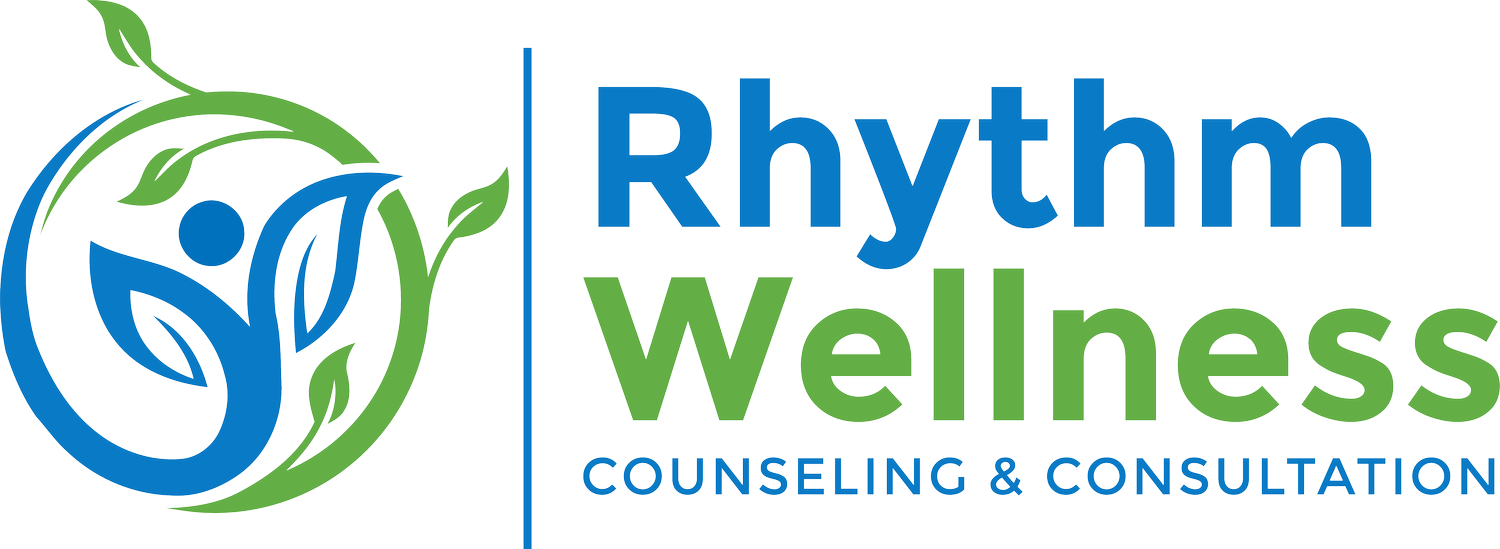The Healing Power of Honesty: Building Authentic Connections Through Truth
Honesty is a fundamental cornerstone of a healthy and fulfilling life. It's a virtue that forms the basis of trust, communication, and genuine relationships. In the realm of therapy and self-improvement, the practice of honesty becomes an essential tool for growth and healing. This article explores the significance of honesty in our lives and how embracing truth can lead to a more meaningful and authentic existence.
Understanding Honesty
Honesty is not just about telling the truth to others; it begins with being truthful to ourselves. It involves acknowledging our feelings, thoughts, and experiences without distortion or denial. When we are honest with ourselves, we can then extend that honesty to our interactions with others, creating a foundation of trust and openness.
The Power of Honesty in Therapy
In the context of therapy, honesty plays a pivotal role. When individuals are open and honest about their struggles, fears, and aspirations, therapists can provide targeted guidance and support. The therapeutic relationship thrives on truthfulness, allowing therapists to tailor their approaches and interventions to the unique needs of the individual.
1. Fostering a Safe Space
Honesty within the therapeutic relationship creates a safe and non-judgmental environment. Clients can openly express their thoughts and feelings without fear of criticism or rejection. This safe space enables clients to delve into their emotions and experiences, facilitating genuine self-reflection and growth.
2. Unveiling Inner Truths
Sharing thoughts and emotions without holding back enables individuals to confront their inner truths. It encourages a deeper understanding of oneself, paving the way for self-acceptance and self-compassion. Through honest self-reflection, individuals can identify patterns, triggers, and behaviors that may be hindering their personal development.
3. Building Trust and Connection
Honesty is the bedrock of trust in any relationship, including the therapeutic one. When clients are transparent about their experiences, therapists can offer guidance with empathy and understanding. This trust nurtures a strong therapeutic alliance, essential for progress and lasting positive change.
Applying Honesty in Everyday Life
Honesty is not confined to the therapy room. Embracing truthfulness in our everyday lives can have a profound impact on our overall well-being and relationships.
1. Authentic Relationships
Open communication and honesty are key to building authentic and meaningful relationships. Being genuine with our thoughts and emotions allows others to truly know us and fosters deeper connections based on trust and understanding.
2. Personal Growth and Resilience
Embracing honesty helps us confront our weaknesses and areas for growth. When we acknowledge our imperfections and face challenges head-on, we build resilience and a greater capacity to navigate life's ups and downs.
3. Reducing Stress and Anxiety
Living a life based on honesty and truth alleviates the burden of secrecy and deception. The mental and emotional toll of hiding the truth or maintaining a facade can be exhausting. In contrast, embracing honesty brings relief and peace of mind.
“Honesty is one of the highest forms of respect”
It is more than just a virtue; it is a catalyst for personal growth, authentic relationships, and a fulfilling life. By practicing honesty, both in therapy and in our daily interactions, we pave the way for a more genuine, enriching existence. Let us embrace the healing power of honesty and strive for a life founded on truth, transparency, and authenticity.
